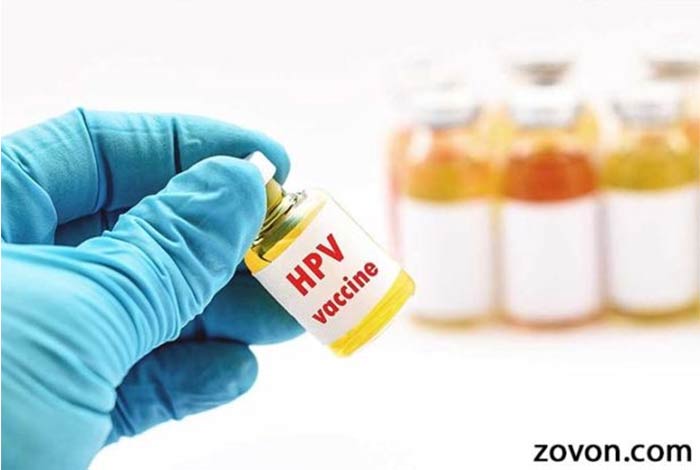
HPV vaccination associated with decreased cases of respiratory papillomatosis

According to a new study, human papillomavirus (HPV) vaccine not only protects from cervical cancer, but also safeguards against an uncommon, chronic pediatric disease related to respiration, known as respiratory papillomatosis (RP).
Children get this disease from their mothers, when type 6 or 11 HPV transmits from the mother to the child during birth.
In this life-threatening condition, lumps are formed in the respiratory tract of some children that makes it difficult to breathe. To keep the passage of air clear, multiple surgeries are carried out.
The findings of the current study were published in The Journal of Infectious diseases. Around 800 children get affected by respiratory papillomatosis (RP) every year. The medical costs associated with this have been estimated at 123 million USD.
Researchers studied Australian data and came to know about recurrent cases of RP in children decreased from seven in 2012 to only one in 2016. None of the mothers had been vaccinated against HPV prior to the child’s birth. The fall in the cases of RP is because of country’s successful vaccination course.
Around 86% of girls and 79% of boys in the age group of 14-15 in Australia have been vaccinated against four types of HPV, viz., 6, 11, 16 and 18, that are cancer causing. According to the U.S. Centres for Disease Control and Prevention, 60% of teens received vaccination against HPV in 2016.
Two doses of the vaccination are recommended for children below the age of 15 and three doses of vaccination are recommended for those in the age bracket of 15 to 26.
According to Dr. Julia Brotherton, this is a first of its kind study that shows HPV vaccine is successful in treating cases related to respiratory papillomatosis. Parents should vaccinate their children for prevention against this terrible disease.
The study author, Dr. Basil Donovan, University of New South Wales, suggested that wealthy nations should conduct studies on vaccination programs. These countries should emphasize on the multi-faceted benefits of HPV vaccination to prevent future deaths and curb unnecessary health care spending.





